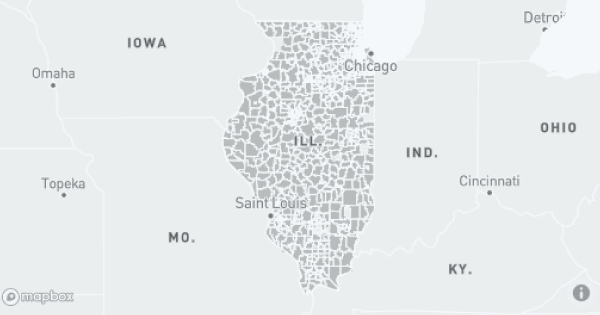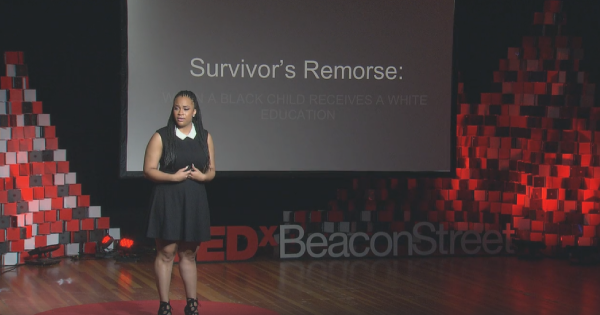Month 14
EDUCATION AND SCHOOL-AGED CHILDREN

Month 14 Challenge
Earlier in the Challenge, we explored how segregation persists in American communities. Our economically and racially divided neighborhoods are leading to inequitable educational environments and adverse academic outcomes for our youth. Studies show that children from families with low incomes enter high school with literacy skills 5 years behind and are over 4 times more likely to drop out than those from high-income families. Students of color, who are more likely to attend under-resourced schools than their white counterparts, suffer because their teachers work in under resourced school environments with large class sizes. When controlling for socioeconomic status, underfunding almost entirely explains disparities in academic achievement, according to Brookings.
In our State, the achievement gaps remain a serious problem. According to the Illinois State Board of Education non-low-income elementary school students scored an average of 30 percentage points higher in terms of proficiency in both English and Language Arts (ELA) and mathematics than their low-income peers in the Illinois Assessment of Readiness (IAR). This was the same percentage in last year’s report card. The racial achievement gaps also persist at a stubbornly high rate. White students score an average of 30 percentage points higher in proficiency in ELA and math than their African American counterparts and 22 percentage points higher in ELA and 21 percentage points higher in math than their Latinx counterparts.
Please choose two or more of the below activities to complete:

ACTIVITY 1
Check out this interactive database to examine racial disparities in educational opportunities and school discipline. Reflect on your education experiences, and the disciplinary actions taken for your (or your child’s) Black peers. How did this shape your ideas about Black people?
Select
ACTIVITY 2
Watch Boston teacher Kandice Sumner on the TED stage discuss the disparities she sees in her classroom every day because of segregation in our school systems. Reflect on the disparities that impact learning in your local schools due to segregation. Identify your local community resources that are working to address the disparities. Is there a way for you to help magnify their efforts?
Select
ACTIVITY 3
Even though there has been an increase in academic growth in Illinois, gaps persists and proficiency lags. Review The State We’re In Illinois 2019 Report by Advance Illinois (pages 13–17).
Select


